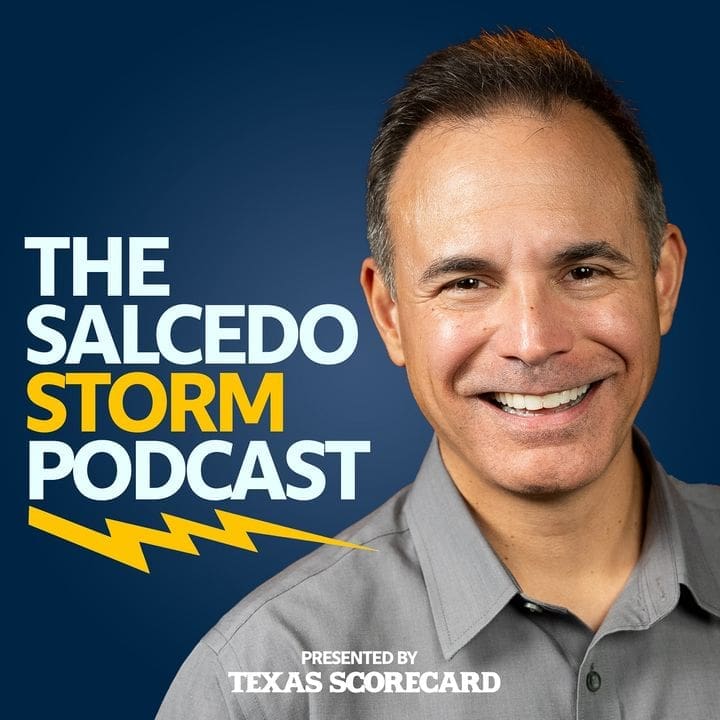Liberals must see the handwriting on their electoral wall maps. Beyond the present concerns voters have with the Obama administration, the projected changes that will occur as a result of the 2010 Census seem to predict the political landscape will be very favorable for the Republican presidential nominee in 2012. However, it looks like President Obama’s influential supporters may think they’ve found a fix for this inconvenient problem.
Last week, Massachusetts became the sixth state to pass a measure to direct their Electoral College votes during the presidential election to whoever wins the national popular vote, regardless of the will of their voters. The other states include: Illinois, New Jersey, Hawaii, Maryland, and Washington (hardly conservative strongholds).
The process for the Electoral College was created by our founders, and is a part of the U.S. Constitution. Originally established in Article II, Section I, it was later modified by the 12th Amendment. Voters choose electors during the general elections, and then those electors actually elect the president a few weeks later.
Each state is allocated electoral votes equal to the number of members in their Congressional delegation (Representatives and Senators). At present, when a candidate achieves 270 such votes, they are elected president.
Now liberals will try to make their case by pointing to the 2000 presidential election, in which Al Gore received more popular votes for president than George W. Bush. While such an outcome may not be preferred, this reality, which isn’t unprecedented, does not run contrary to the founder’s vision.
The American structure of governance, including a bicameral Congress with delineated memberships (House of Representatives and Senate), was set up to ensure power is balanced between the large and small states. Today the lines may not be so clear. The divide is probably more likely between big government and limited government states.
What makes this latest “reform” push more concerning is that while liberals are seeking to make the Electoral College irrelevant, they don’t want to do it in a manner that would seem appropriate within the framework the founders entrusted to us. After all, one of the things that actually allows our Constitution to live is the Amendment process.
Furthermore, this is a potentially dangerous prospect that could allow a handful of states to empower (or maintain) an executive branch that runs roughshod over more than half of the nation. Candidates for president would be tempted, if not emboldened, to promise densely populated states, or groups of states, that they would pillage or punish one part of the country for their benefit.
Granted, few would probably defend the Electoral College as a perfect institution. But rather than attempt to amend it through the method provided for in the Constitution, it appears these states are trying to undermine that process. That’s certainly nothing new for liberal politicians.
At least there’s one bright spot, though. By moving forward with a ham-handed approach that seeks to negate the votes of their own citizens, these left-leaning states may ultimately hand the presidency to a right-leaning candidate.



